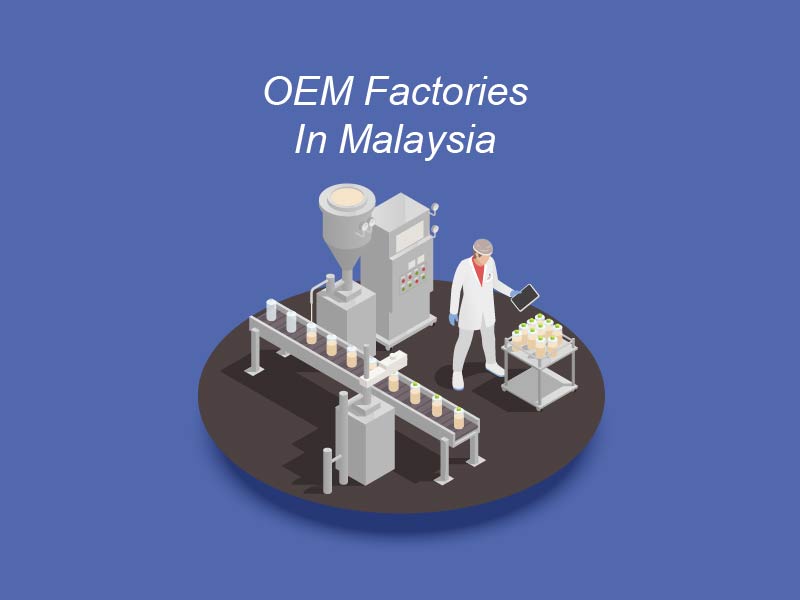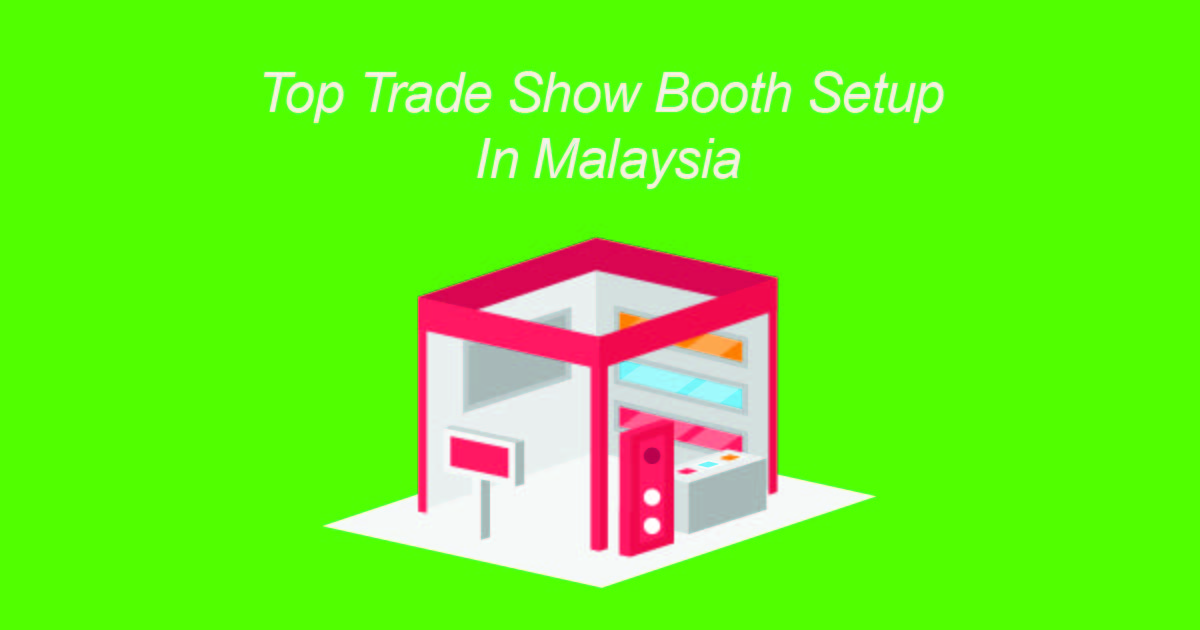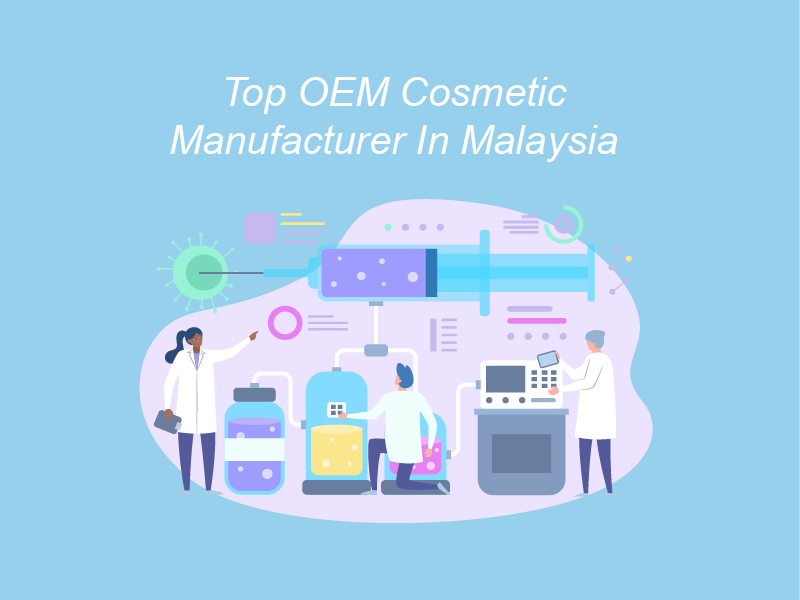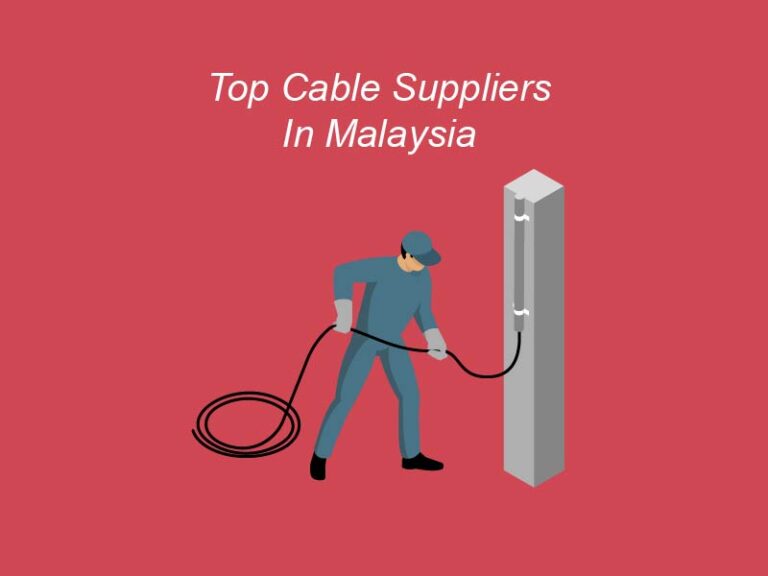Quality Control Issues
Maintaining consistent product quality can be challenging for OEM factories. Variations in raw materials, production processes, and equipment can lead to quality control problems, resulting in defective products and customer complaints.
Intellectual Property Concerns
OEM factories may encounter intellectual property issues, such as unauthorized copying of designs or products. This can lead to legal disputes and damage the reputation of both the factory and the brand owner.
Supply Chain Disruptions
Factors like supply chain disruptions, including shortages of raw materials or components, can impact production schedules and lead to delays in delivering products to customers.
Production Capacity Constraints
OEM factories may face limitations in production capacity, especially during peak demand periods. This can lead to delays in fulfilling orders and missed business opportunities.
Communication Challenges
Effective communication between the brand owner and the OEM factory is crucial. Language barriers, cultural differences, and miscommunication can lead to misunderstandings and errors in product specifications.
Cost Overruns
Unexpected cost increases, whether due to changes in materials prices, labor costs, or production issues, can erode profit margins and strain the relationship between the factory and the brand owner.
Labor and Compliance Issues
Ensuring fair labor practices and compliance with labor laws and regulations can be challenging, particularly in regions with less stringent labor standards. Violations can lead to reputational damage and legal repercussions.
Environmental and Sustainability Concerns
Meeting environmental and sustainability standards is becoming increasingly important. OEM factories must adapt to eco-friendly manufacturing practices, which may involve additional costs and challenges.
Quality Control Monitoring
Brand owners often need to invest in monitoring and inspecting the production process at the factory to ensure that products meet their quality standards. This can be resource-intensive and costly.
Crisis Management
Unexpected events, such as natural disasters, public health crises (like the COVID-19 pandemic), or geopolitical tensions, can disrupt the supply chain and production schedules, requiring effective crisis management.
To address these challenges, OEM factories and brand owners must establish strong partnerships, maintain open lines of communication, and work together to find solutions. Clear contracts and agreements, regular quality control checks, and a commitment to ethical and sustainable practices can help mitigate many of the problems associated with OEM manufacturing.









